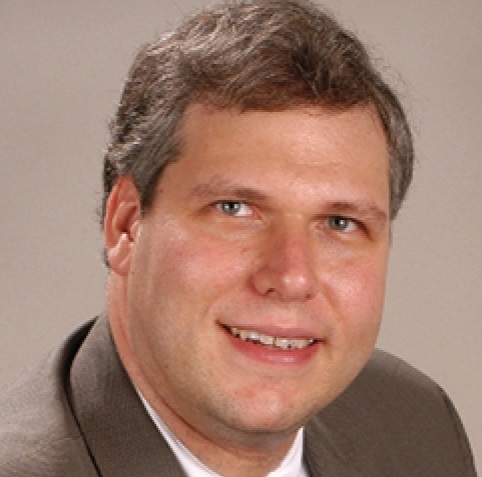Brian Leiter and David Bernstein report an exciting development: Vanderbilt Law School is starting a new PhD program in “law and economics.� See the official announcement here. The program will be headed by Kip Viscusi and Joni Hersch, two well-regarded law and economics scholars who are joining the Vanderbilt faculty from Harvard Law School. One imagines that Robert Rasmussen, who now heads Vanderbilt’s existing law and economics program and is himself a highly respected law and economics scholar, will also be involved in the enterprise.
Is this program a good idea? I think so. Until now, the only place for would-be law and economics scholars to get PhDs has been at economics departments. And most economics departments don’t have faculty who are learned or do research in the law and economics area, which by now has become a distinct field and which to teach right requires a level of knowledge about the legal system that most economists lack. Moreover, at least half of what is taught in economics departments is of little relevance to law and economics (i.e., everything on the “macroeconomic� side of the divide). A JD/PhD program jointly sponsored by a law school and an economics department thus entails spending a great deal of time studying subject matter that in no way illuminates the law with economics instructors who by and large lack legal training.
In contrast to traditional JD/PhD programs, the Vanderbilt program will be able to focus entirely on traditional legal training and on analytical methods from economics that can illuminate the law while avoiding study of those areas of economics that are of little use to legal practice and legal-economic scholarship. An initial challenge (but ultimately an advantage) for the program is the need to develop a uniquely law-centric curriculum that makes the study of law its central focus and tailors the economic aspects of the program to that end. Such a curriculum would enable students in the Vanderbilt program to complete a JD/PhD more quickly than can be done at other schools and at the same time equip them better for the task of legal-economic research.
If successful, Vanderbilt’s program may well start a trend and before long we could see similar programs at other law schools with strong faculty in law and economics and perhaps even in other “law and” fields such as legal history and law and philosophy.




